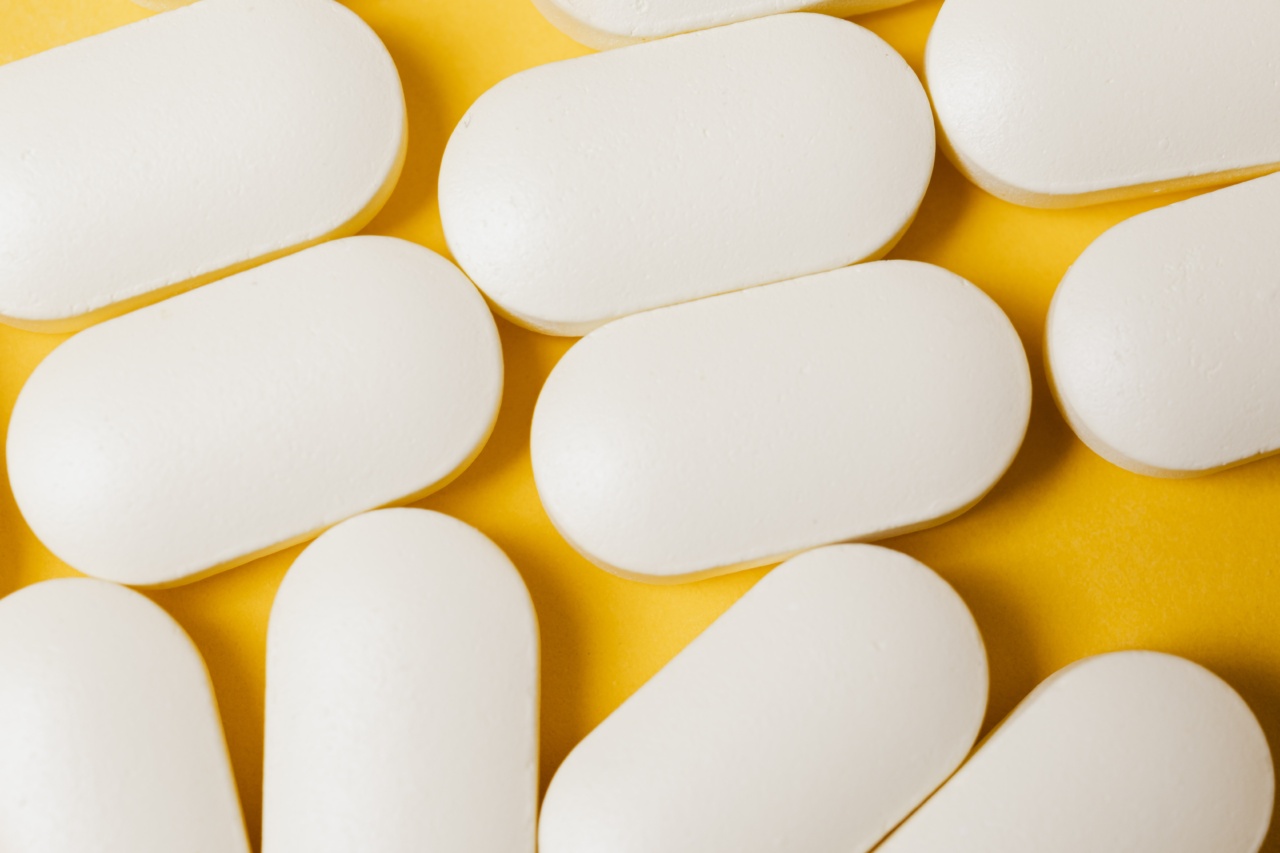Vitamin D is an essential nutrient that helps our bodies absorb calcium and supports strong bones. But recent research has also suggested that vitamin D may play a role in fertility.
In this article, we will explore the link between vitamin D and fertility, what the science says about this connection, and how you can incorporate vitamin D into your diet to support reproductive health.
What is Vitamin D?
Vitamin D is a fat-soluble vitamin that is naturally produced by the body when exposed to sunlight. It can also be obtained through certain foods or supplements.
Vitamin D plays a critical role in regulating calcium absorption and maintaining bone health, but it also has other essential functions in the body.
Vitamin D and Fertility: What does the research show?
Recent studies have suggested a link between vitamin D and fertility.
A review published in the Journal of Endocrinology in 2018 concluded that there is a significant association between vitamin D levels and female reproductive disorders, such as infertility, polycystic ovary syndrome (PCOS), and endometriosis.
Another study published in the journal Science Advances in 2020 suggested that vitamin D may also play a role in male fertility.
The researchers found that vitamin D deficiency was significantly associated with male infertility, as well as with lower testosterone levels, reduced sperm count, and poor motility.
How Does Vitamin D Affect Fertility?
The exact mechanisms through which vitamin D affects fertility are not yet fully understood, but several theories have been proposed. One theory is that vitamin D affects the development and maturation of the eggs and sperm.
Another theory suggests that vitamin D may regulate the levels of sex hormones in the body, such as estrogen, progesterone, and testosterone, which play a crucial role in reproductive health.
Vitamin D may also play a role in regulating the immune system and reducing inflammation in the body, both of which have been linked to female reproductive disorders such as PCOS and endometriosis.
How Much Vitamin D Do You Need?
The optimal intake of vitamin D for fertility is not yet known. The recommended daily intake of vitamin D varies by age, sex, and other factors. The National Institutes of Health (NIH) recommends the following daily intake of vitamin D for most people:.
- Infants 0-12 months: 400-1000 IU
- Children 1-18 years: 600-1000 IU
- Adults 19-70 years: 600-800 IU
- Adults over 70 years: 800-1000 IU
- Pregnant and breastfeeding women: 600-800 IU
However, it is important to note that these recommendations are based on the amount of vitamin D needed to support bone health, not fertility.
Some experts recommend higher doses of vitamin D for fertility, such as 2000-4000 IU per day, but more research is needed to determine the optimal dose.
Sources of Vitamin D
The best source of vitamin D is through exposure to the sun. When your skin is exposed to sunlight, it produces vitamin D naturally.
However, many people may not get enough vitamin D from sunlight, especially during the winter months or if they live in northern latitudes where the sun is weaker.
Vitamin D is also found in some foods, including:.
- Fatty fish such as salmon, tuna, and mackerel
- Egg yolks
- Cheese
- Fortified foods such as milk, orange juice, and cereals
If you are not getting enough vitamin D from sunlight or food, you may need to take a supplement. Vitamin D supplements are available in both D2 and D3 forms, although D3 is thought to be more effective at raising vitamin D levels in the body.
Conclusion
While more research is needed to fully understand the link between vitamin D and fertility, there is growing evidence to suggest that vitamin D may play a crucial role in reproductive health.
To support fertility, it is important to obtain adequate levels of vitamin D through a combination of sun exposure, diet, and supplements, if needed.





























